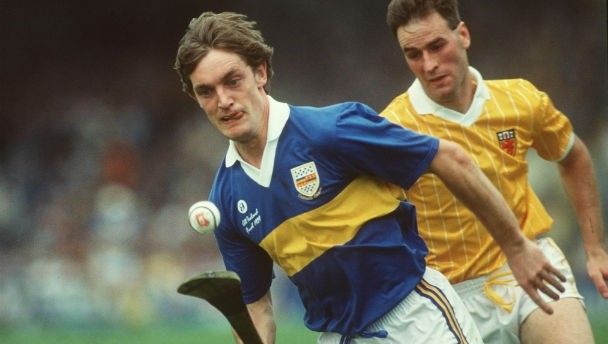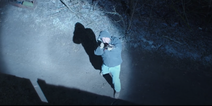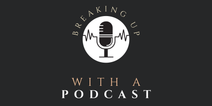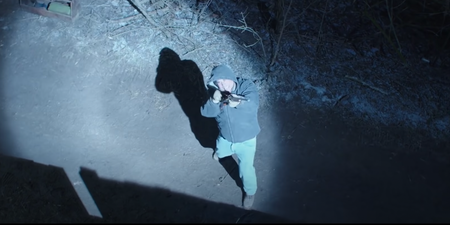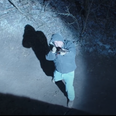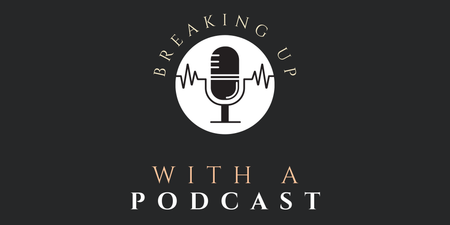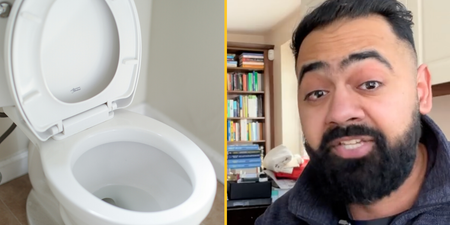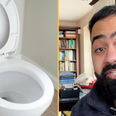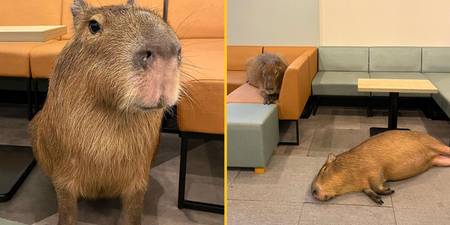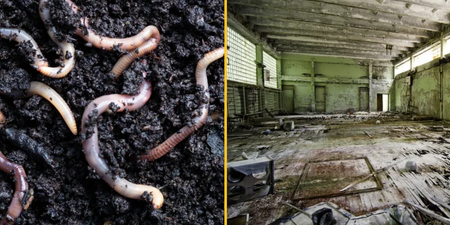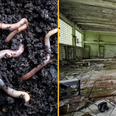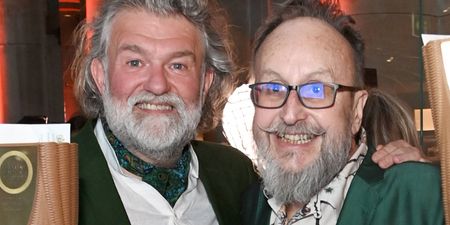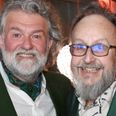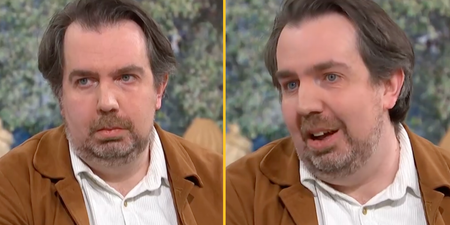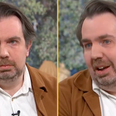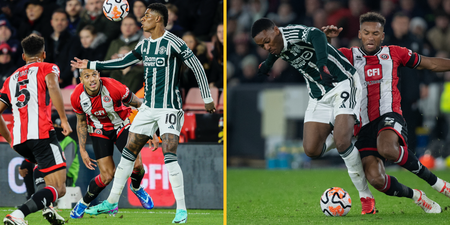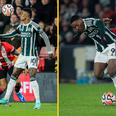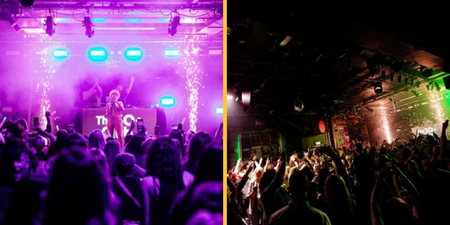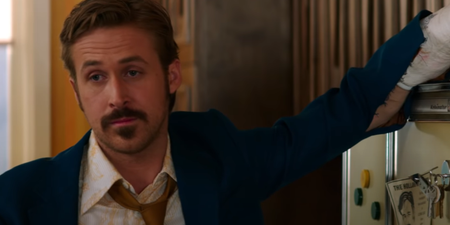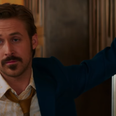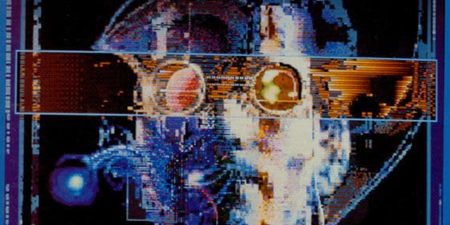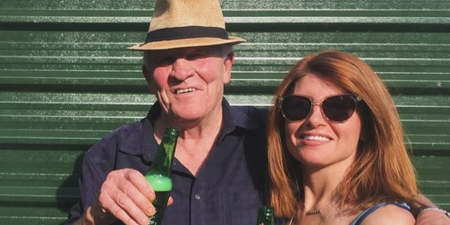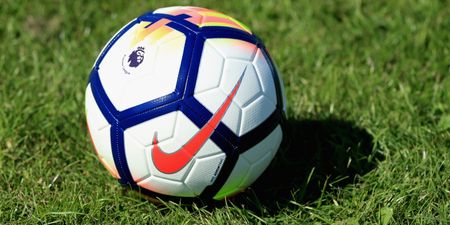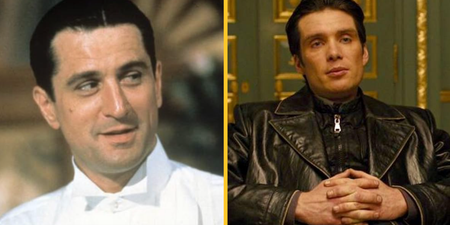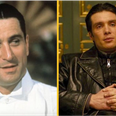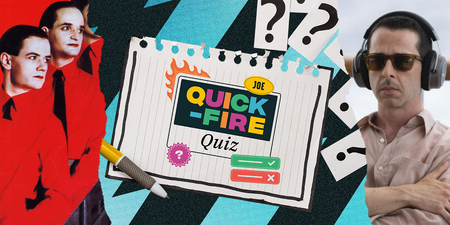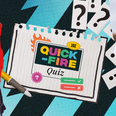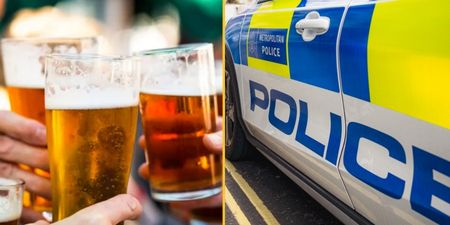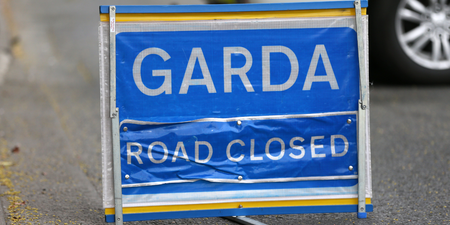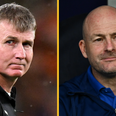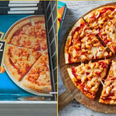Tipperary legend Nick English talks to JOE about success on the field and on the sideline, the Premier County’s rivalry with Cork and underage hurling in Dublin.
To be a true great, you have to be great twice.
That was once said of Brazil’s Ronaldo, once as a youthful free-scoring forward with blistering pace and later, as injuries restricted that brilliant asset, he adapted his game to become an instinctive poacher of goals and led his country to success in the 2002 World Cup.
Soccer has other examples of this. Johan Cruyff, for instance, was one of the world’s most inventive players and when he hung up the boots that bedazzled countless defenders, he became a master tactician as manager of Barcelona, laying the foundations of their success for decades to come.
When Muhammad Ali went to Zaire to face the mountain of muscle and ferociousness that was George Foreman, unable to rely on his fleet-footed dancing to protect him from the monster, he showed his stoicism, toughness and wit in the ring by devising the famous “rope-a-dope” technique.
Nicky English, Tipp’s all-time leading scorer, certainly fulfils similar criteria in hurling. As a player he won two All-Irelands and five Munster titles as Tipperary went from an era of little to one of plenty, then as a manager almost a decade later, he repeated it by ending another All-Ireland famine for his county.
It’s a high-level of achievement that marks him out to be spoken about in the same terms amongst hurling people, as soccer and boxing people will talk about the other aforementioned greats.
Tipp have never gone on to create a dynasty like Kilkenny have now. Even as I’m speaking I’m watching Kilkenny hammering the daylights out of Wexford in the Under-21s. They’re just in a different sphere and that’s something Tipp have got to break into.
Nicky English, however, will not be one of those hurling people dwelling on his career; he would much rather talk about the game than himself.
Trying to draw Nicky on his own career, you ask if he ever affords himself the opportunity to reflect on how good it was. Nicky responds in the negative.
“No, not really to be honest! It was nice, my life was initially just about playing for Tipperary and people from where I’m from [Cullen] never usually got to play for Tipperary so to achieve that was probably the most satisfying achievement,” laughs English. “After that we had a lot of fun, success and some heartbreak, I wouldn’t swap it for anything.”
It won’t be too long until you see Leinster Championships being won by Dublin and I wouldn’t rule out them beating Kilkenny Saturday evening.
Speaking English while keeping an eye on the Wexford-Kilkenny under-21 match , it becomes apparent that he believes that games are there to be enjoyed, the all-encompassing obsession that other sportsmen display with winning doesn’t seem to be overbearingly apparent with Nicky.
Being great as a manager was different though, you had to be responsible for performances other than your own.
“It’s a huge difference. It’s a whole different world, as a player you only need to worry about yourself really, it’s an honourable conceit. That being said, a manager gets way too much credit when a team wins and way too much criticism when they lose.”
Cycles of success
It’s an anomaly and probably an abomination to some in Tipp that the Premier County hasn’t retained an All-Ireland since the sixties while other counties have gone on to have sustained cycles of success, they pop up for three years and then disappear. Nicky agrees with this assessment.
“Certainly, Tipp haven’t done it and I’ve been involved in a number of the ones. I was a player in 1990 and in 1992 and a manager in 2002, so I’ve seen poor defence of the titles in each of those years. I don’t know… when you get into a cycle like Tipp, when you only win a title once every ten years, it becomes a major event,” says English before ruminating on a possible obstacle that prevents Tipperary from getting that prolonged period of success.
“Maybe when you break out of that cycle, players move on and get thinking about just winning the next game and not reflecting so much on the glory of winning an All-Ireland and that’s really where you need to move it to. Tipp haven’t been able to do that in my lifetime…”
The question that arises from that then is whether it is a mental issue or one to do with a deficit of talent. Nicky thinks it’s a little of column “A” and “B”.
“It’s certainly a combination. There have been times when we were favourites for All-Irelands in 1990 and 1992, for instance, and failed in both years. There wasn’t a backdoor then and we got caught by Cork a couple of times,” says English.
That’s not an excuse though, according to English, who has played alongside and coached many of Tipp’s greats. “Tipp have never gone on to create a dynasty like Kilkenny have now… even as I’m speaking I’m watching Kilkenny hammering the daylights out of Wexford for in the Under-21s. They’re just in a different sphere and that’s something Tipp have got to break into.”
Breaking through
When English took over at the helm of Tipperary in 1999 the county hadn’t won an All-Ireland in eight years, what did he do to change that as a manager?
“We effectively had to build a new side. There were a few older guys, Brendan Cummins, Tommy Dunne and Declan [Ryan], but it was a new side essentially that hadn’t won anything apart from the All-Ireland Minor in 1996.
Tipp have been good at farming success from Minors over the years, that’s the basis for Tipp’s current success, they trained very hard and got experience, but it was a three-year apprenticeship where the management team, learnt a lot as well.”
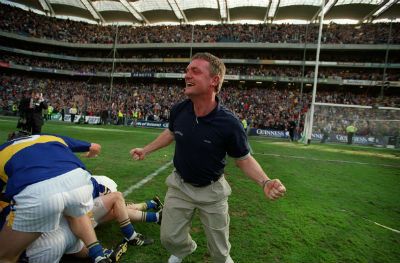
The new side later went on to win the All-Ireland in 2001 with a 2-18 to 2-15 win over English’s old rivals from his playing days in the 80s, Galway. The following year, after another failure to retain an All-Ireland, English resigned.
There would be another eight year gap before the young players that he coached in 2001, Lar Corbett and Eoin Kelly, would lift the Liam McCarthy Cup again in 2010.
Nicky’s successor Lar
After announcing his retirement earlier in the year Corbett has returned to the panel the championship, but north of thirty is the talismanic forward that significant anymore?
“I think Larry is very important and you can expect to see him on Sunday. He hasn’t missed out on a whole lot to be honest. I mean Henry Shefflin has missed out more than Lar Corbett has when you think about it… he missed a few League games really!
“It was made a big deal, which says a lot about what’s going to happen when he eventually retires, but I think he genuinely did need to make a go of his business and in the current climate you can’t afford not to.”
Perhaps, though, the continued necessity of some those players is an issue when comparing Tipp to Kilkenny.
“Tipp have had a greater reliance on Eoin Kelly and Larry [Corbett] over the years than Kilkenny, I think. Although Bonner Maher has become very important and grown a lot in recent years and certainly last year you can see the difference when he or Larry aren’t there.”
The greatest moment
For all the talk of All-Irelands, English still rates Tipp’s 4-22 to 1-22 Munster final replay victory over Cork in 1987 as his greatest victory. After the match, Captain Richie Stakelum received the trophy and famously proclaimed “the famine is over,” referring to Tipp’s sixteen years without a provincial title. Nicky remembers it well, though the quality of the match doesn’t stand up looking back now.
“When you look at it now and you see these matches repeated on TG4, it was anything but special when you look at the standard of it! It certainly doesn’t live up to the current game,” he says before explaining why the victory meant so much.
“The reason it was so special was that a number of us had been on the team for a long time, I was there since ’82. We had already had our disappointments in Munster finals in ’84 and ’85 and that Cork side still had the remnants of the three-in-a-row side and for us to get over Cork was a major thing for us and a major progression really.”
The rivalry of the 80s
English had to wait a while longer for an All-Ireland medal though. Noel Lane has said in the past that Galway watched Tipperary’s win and Stakelum’s performance from afar and resolved to let Tipp starve for an All-Ireland for a while longer, using Stakelum’s speech to motivate themselves to win the ’87 final.
Nicky again points to experience between the two sides, “I don’t want to say that the Tipperary team underestimated Galway – we didn’t – but people tend to forget that they won the last two All-Ireland finals prior to that and were a great team.
We were an inexperienced side and hadn’t been in Croke Park before and I think sometimes you need to break through to a new level and get experience at that level before you go on again, so in that respect our side in ’87 was different to Tipp last year.”
The Cork rivalry
The emotion of Stakelum showed after the ’87 Munster final replay was a good beginning to the rivalry that Tipperary developed again with Cork, a rivalry that English equates to the one Tipp have developed with Kilkenny in recent years.
“They were the team to beat in Munster, nobody else had won the Munster since ’82, they did have their problems in All-Ireland finals against Kilkenny then, but in Munster, they were the team in Munster and beating them was such a step for us.
“We went on to beat them in ’88, we didn’t play them in ’89, they beat us in 1990, we went on to beat them in 1992.”
English has been keeping in touch with the game and has done his homework on Cork ahead of their meeting this Sunday.
“There was never really much between Tipperary and Cork, I just saw a stat today that in head-to-heads in the championship Tipperary have won thirty-six, Cork have won thirty-seven and there has been seven or eight draws, it just really shows how close the rivalry is.”
Is the famine over for Cork?
After years of different frustrations with the Cork hurling team and players aging in the process, Cork looked impressive in the league campaign. English says he took notice, but is still cautious before giving this relatively new side his seal of approval.
“They certainly have a few new players that have come through, the league final will be a bit of a disappointment though, so the jury is still out on them – that was a real hammering by Kilkenny,” says English, who, without prompting, starts doling out compliments to the new youthful contingent of the Cork panel.
“Other than the final they were great in the league, they drew with Tipp and then beat them. I was impressed with some of their new players, William Egan, Darren Sweetnam and Conor Lehane in particular. Luke O’Farrell is injured I think, but he has been good. I also like Stephen McDonnell, though he did have a bad league final; he did well in a lot of the league matches at full-back.”
English concludes that “there’s a possibility they’ll learn a lot from this Munster final.”
Learning a lot doesn’t equate to a win though. Can they beat Tipp?
“Oh no!” exclaims English. “It wouldn’t surprise me at all if Cork win, Tipp’s record against Cork in Cork is poor really. I think they have only won once there in the Championship since the 1920s. Tipp will have to improve a good bit from the last day out too, I mean I talked about question marks over Cork since the League final, but with fifteen minutes left to go against Limerick in the last day out there were huge question marks over Tipp.
“To be honest, both sides would want to start showing a bit of form by now.”
English also has a few compliments for the Cork boss and legendary player Jimmy Barry Murphy too.
“They’re at home, it’s a really big match, Jimmy Barry [Murphy] is back and they’ve galvanized support among the Cork public again, they had a lot of supporters at the league final.”
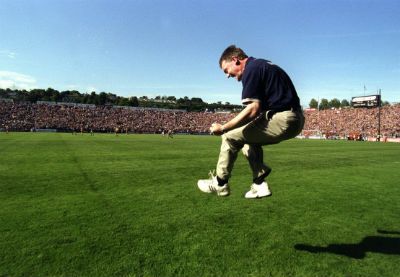
The experience factor again, in times of famine counties seem to have a habit of returning to legendary players, maybe to remind the current crop that times weren’t always so sparse. Does Nicky agree that’s why JBM has been brought back for Cork and why Tipp appointed him in 1999?
“Yeah I think so, that’s hugely important. Even looking at Declan Ryan he won the All-Ireland in 1991, was an important senior player when I was manager and is now the manager himself. It’s hard to beat experience like that.”
The All-Ireland famine ended
After the chastening experience in 1987, Tipperary reached the Promised Land in ’89, hammering Antrim by 4-24 to 3-9. English beat Eddie Keher’s individual scoring record of 2-11 for an All-Ireland final (ironically against Tipperary) by one point, nabbing 2-12.
English sees similarities between that Antrim side and the Tipperary side the year before. “Ah yeah definitely, when you see it again. It came down to experience yet again, in ’87 we didn’t have the experience and what we were there to do was overshadowed by the sense of occasion and we didn’t do ourselves justice. In ’89 the shoe was on the other foot and Antrim were the ones without the experience. It was something they hadn’t experienced before or since.
“As it turned out Antrim had a talented side, they were very good and ran teams close in All-Ireland semi-finals in those years; it’s probably the best Antrim team that’s been around. They fully deserved their win against Offaly that year but the reality is that in that era the winner was really only going to come from Tipp or Galway.”
Another county’s famine to cease?
English is now basing himself on the southside of Dublin, a hotbed of hurling talent. What does English make of the hotbed of hurling talent that is developing in the capital?
“I think there are a lot of things going on in Dublin hurling at the moment, but it’s a game of mathematics too. There are more kids now playing hurling in Dublin than any other county,” English muses.
“I think they will be a huge force in hurling in the coming years, last year you had two of their teams reaching the All-Ireland minor and under-21 finals too. It’s an improving situation and it won’t be too long until you see Leinster Championships being won by Dublin and I wouldn’t rule them beating Kilkenny Saturday evening.”
English goes on to talk about the returning influence of Keaney, Hiney and Brady and how their absence last year perhaps impeded Anthony Daly’s side getting over the line in a close run semi-final against Tipp in the Championship. The high praise and encouragement for Dublin in Leinster is only tempered by the higher praise for Kilkenny. “Well Kilkenny are still the best team I have ever seen and they’ve unearthed a few new players too this year.”
Cycles come and go and one of the men on Anthony Daly’s backroom team is English’s old teammate, Stakelum, who is looking to end yet another famine. English believes this could be an ace up the sleeve for Dublin. “Richie’s a huge influence there and Dublin certainly aren’t lacking experience on the line. Richie and [Anthony] Daly are very wily campaigners.”
Could greatness come for a third time?
With all the talk of old teammates and sparring partners developing new hurling talents, talk turns to English’s possible future in the game and maybe another shot at glory. He was talked about for the Tipperary manager’s position when Liam Sheedy resigned abruptly after they won the All-Ireland in 2010. Is it something English thinks about?
“Possibly yeah, but with my work it just doesn’t fit with it. It would be nice to be involved and to think about being involved but the two just don’t mix at the moment to be honest with you.”
At the start of the interview English talked about the dream of playing for Tipp and how not many people in Cullen got to play for the county. After winning the All-Ireland as player and manager, surely they must have looked at the local boy with new reverence.
“No not really, maybe it’s more high profile now, but then you have to get on with life you know what I mean? It’s just a sport, they take it seriously down in Tipp, but it is just sport – no point getting too carried away with it.”
Being great sometimes just means enjoying sport while you can, apparently.
